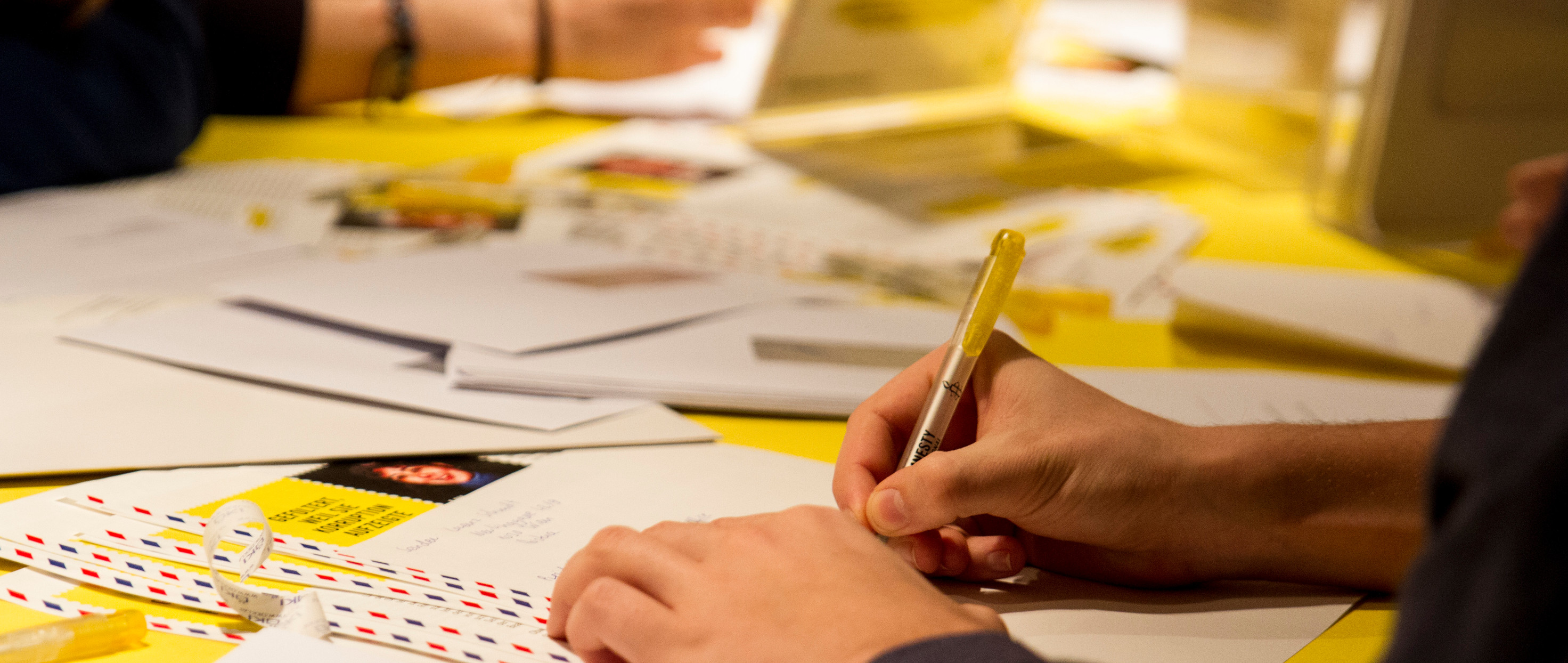By Ketty Nivyabandi
One year ago, Germain Rukuki, a well-known activist from Burundi, was languishing in the overcrowded Ngozi jail, serving a 32-year sentence. UN experts determined that his charges, which included rebellion and breach of state security, had no basis in fact. He was arrested in July 2017, while his wife was pregnant and had been detained since. Their son, born four months later, would only grow up to see Germain on photographs. He would be thirty by his father’s expected release.
Prospects for Germain’s freedom were bleak, his organization had been deregistered by Burundi’s authorities, where a severe crackdown on civil society and free press prevailed since 2015.
Against all odds and following intense international pressure, including more than 436,000 solidarity actions from Amnesty International supporters globally and nearly 10,000 from Canada alone, Germain was released this summer. This December 10th, he will celebrate with those who wrote on his behalf.
It was in 2001 that a group of activists gathered in Warsaw, Poland to write letters for human rights defenders at risk, like Germain. By 2002, the small event had become a global Write for Rights campaign and has grown ever since, with hundreds of thousands of people writing letters, emails and social media messages in support of those who face injustice.
The thought of countless ordinary people still gathering in Canada and across the world to use the power of a pen and paper gives me hope.
Two years into a pandemic which shows no signs of slowing down, an overheating planet, and glaring inequalities globally, it is easy to feel overwhelmed by the state of our world.
Omicron, the new Covid-19 variant, sharply reminds us that no one will be safe until vaccine equality becomes a reality globally. In Glasgow a few weeks ago, world leaders failed to deliver a climate change plan that protects us all, despite a clear code red warning by IPCC scientists, the UN body for assessing the science related to climate change. Around the world, gender-based violence remains the silent pandemic and arms sales continue to fuel conflict, leading to an unprecedented 84.6 million people who are now forcibly displaced. Black, Indigenous and racialized communities still face racism in health care and policing institutions, despite numerous commitments to end systemic racism. And Canada continues to disproportionately incarcerate Black migrants and people with disabilities, often in abusive conditions.
We watched in shock, as the Taliban captured Afghanistan, crushing nearly 20 years of women’s rights gains. Police in Colombia cracked down on demonstrators protesting tax hikes, injuring more than 100. Tensions between Israel and Palestine escalated to levels of violence not seen since 2014. A growing number of Guatemalans are fleeing the impacts of climate change, violence, the deterioration of their livelihoods. Many hope Canada will open its arms to them. Meanwhile the health of citizen journalist Zhang Zhan, imprisoned for reporting on the outbreak of Covid-19 in Wuhan, has deteriorated. She has been on an intermittent hunger strike since her arrest and is hanging by a thread.
More than ever, it is time for governments to center human rights. Amnesty International’s latest 2021 Human Rights Agenda for Canada outlines many clear paths. However, as always, the real hope remains – literally – in the hands of ordinary people. Many unjustly detained human rights activists and journalists, from Loujain al-Hathloul, Nassima al-Sada, Paing Phyo Min to Khaled Drareni, were finally released. Maria Ressa and Dmitry Muratov won the Nobel Peace Prize, a win in a year when many governments clamped down on press freedom.
The brave and tireless work of activists led to these improbable wins. Speaking out against human rights abuses is essential, especially when it appears pointless to do so. Sometimes all it takes is a letter. Write for Rights – the annual letter-writing event which Germain will join in this International Human Rights Day – started small.
The winds of injustice may be sweeping our world, but as the great Toni Morrison reminds us: “There is no time for despair, no place for self-pity, no need for silence, no room for fear.” This is precisely the time to turn hope into action.
Ketty Nivyabandi is the Secretary General of Amnesty International Canada.













